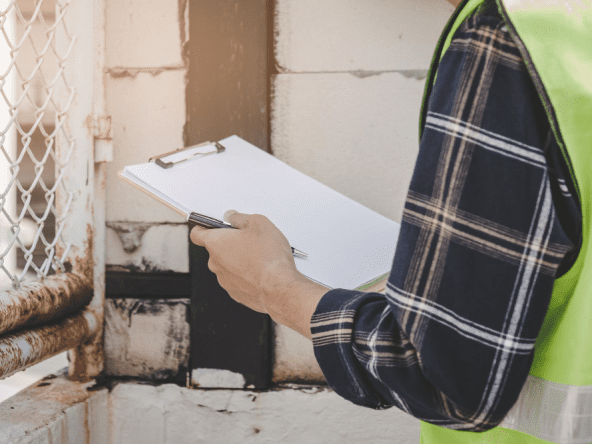uying property in Thailand as a foreigner often involves registering land or houses in a Thai partner’s name. While common, this setup comes with serious legal risks that need to be managed carefully. This guide will walk you through the most important pitfalls to avoid and the legal tools you can use to protect yourself.
📌 Can Foreigners Own Land in Thailand?
| Ownership Type | Allowed for Foreigners? | Notes |
|---|---|---|
| Land | ❌ No | Foreigners cannot directly own land |
| Condominium (Freehold) | ✅ Yes | Up to 49% of condo units in a project |
| House on Leased Land | ✅ Yes | Can own structure but not the land beneath |
| Land via Thai Spouse | ⚠️ Risky | Allowed, but comes with legal limitations |
🏡 Common Scenario: Buying a House in Your Thai Partner’s Name
Often, a foreigner funds the purchase, but the title deed is in the Thai partner’s name. This is legal under Thai law — but also risky, unless properly structured.
💡 Why It’s Risky:
- The land legally belongs 100% to your Thai partner
- If the relationship ends, you have no ownership rights
- You cannot claim the land or house even if you paid for it
❗️Legal Pitfalls to Avoid
1. No Written Agreement
If there’s no clear contract confirming your financial contribution, the house is legally considered a gift to your partner.
🔍 Solution: Use a written agreement acknowledging your financial support (notarized if possible).
2. No Usufruct or Lease Registered
You may be left with nothing if the relationship ends or your partner passes away.
🔍 Solution: Register a Usufruct (lifetime use right) or 30-year lease on the land and house in your name at the Land Office.
| Legal Tool | Duration | Rights Granted | Registerable at Land Office? |
|---|---|---|---|
| Usufruct | Lifetime | Right to live/use property | ✅ Yes |
| Lease | 30 years | Right to use & rent | ✅ Yes |
| Mortgage (secured loan) | Until loan is repaid | Acts as a claim on the asset | ✅ Yes |
3. No Exit Strategy
If you break up or divorce, there’s no guarantee you can recover your investment.
🔍 Solution: Sign a loan agreement where your Thai partner acknowledges your financial contribution and agrees to repay in case of separation.
4. Transferring Large Sums Without Paper Trail
Many people transfer large amounts of money to their Thai partner without documentation — a major mistake.
🔍 Solution: Always transfer funds directly to the seller and keep bank records. If giving to your partner, clearly document the purpose (e.g. “loan for property purchase”).
5. Putting Only Partner’s Name on the Title
This is the default if you’re not legally involved in the land transaction.
🔍 Solution: Register your rights (lease or usufruct) on the back of the title deed at the Land Office.
🧭 Visual Suggestion: Safe Ownership Structure for Foreigners
💰 You fund the purchase
🧾 Sign a loan contract with partner
🧍♂️ Register usufruct or lease in your name
📑 Keep official records and contracts
✅ Safe Practices Checklist
| Tip | Why It Matters |
|---|---|
| Use legal contracts for all financial transactions | Avoids disputes later |
| Register a lease or usufruct | Gives you legal right to stay |
| Work with a real estate lawyer | Ensures proper documentation |
| Never rely on verbal agreements | Not enforceable in Thai courts |
| Keep your name on utility bills if you live there | Helps prove residency if needed |
📝 Final Thoughts
While registering property in a Thai partner’s name is legal, it carries significant risks if done without protection. The key is to treat the transaction like a business deal — with contracts, registrations, and documentation. Love is personal, but property should be legal.




